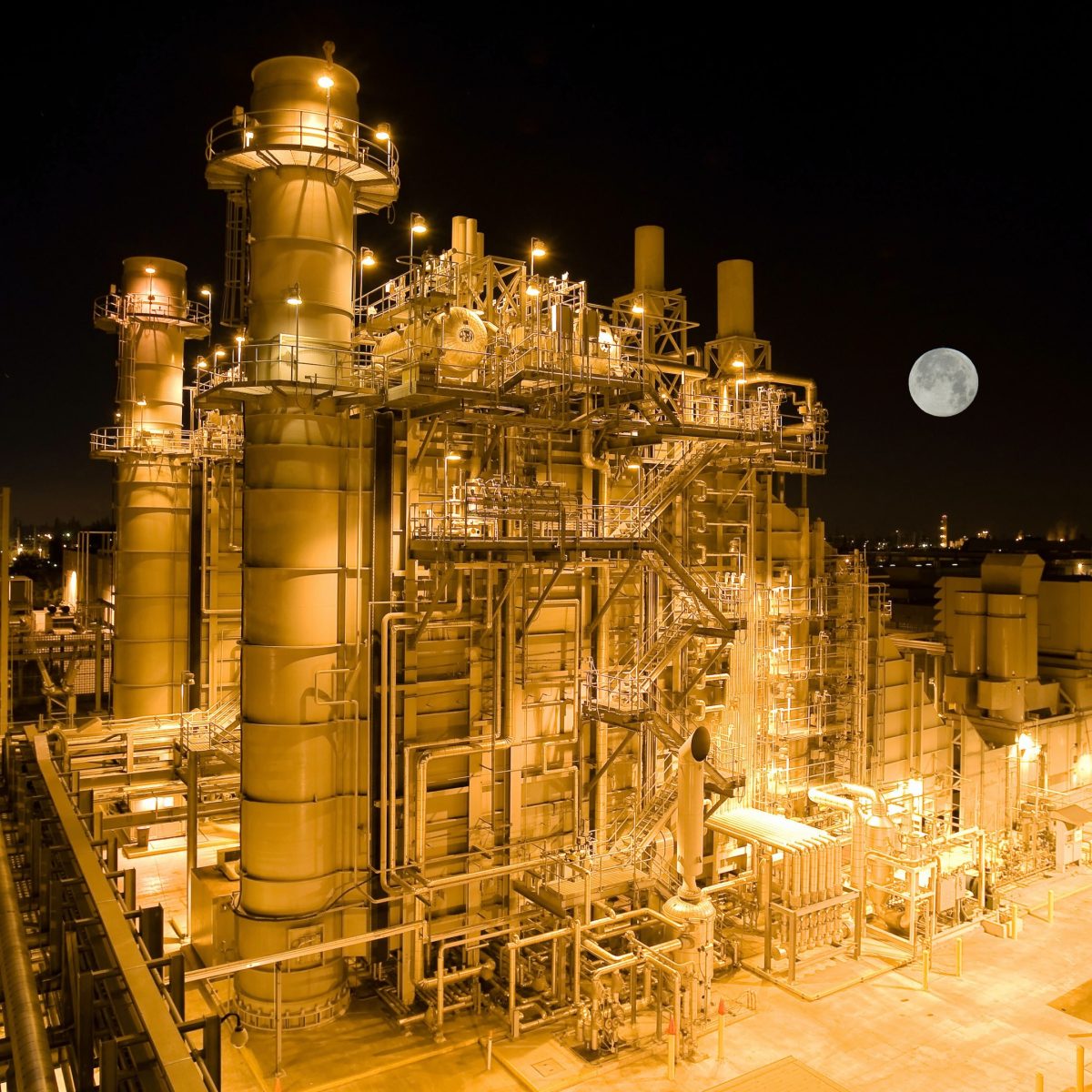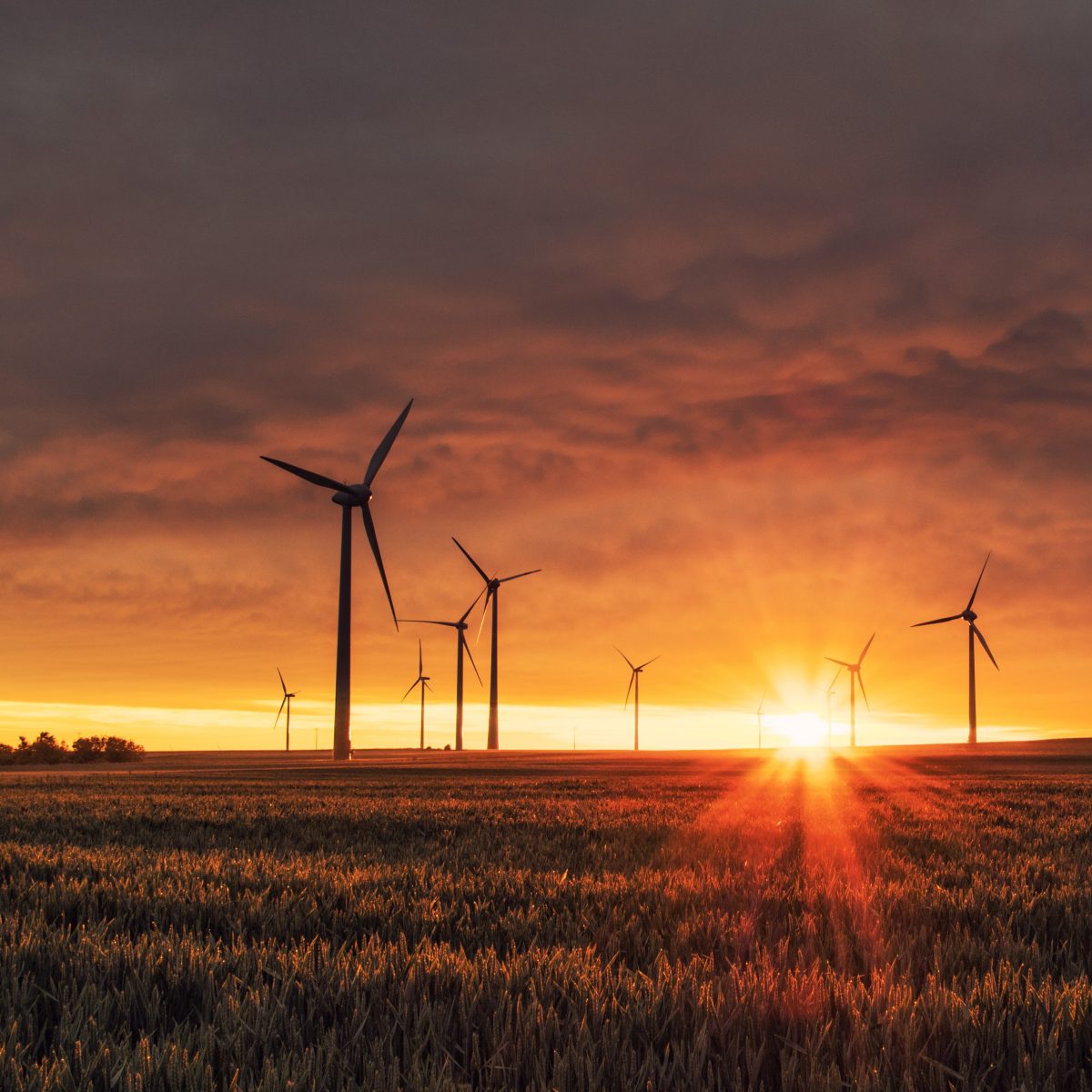In this edition of Asia Infrastructure Commentary, we delve into the subject of Energy Security. We focus on the structural challenges and opportunities in the energy sector and investment outlook for the related infrastructure assets. We believe renewable technologies in the current form are unable to provide reliable and controllable energy at an affordable price to a large section of economy in foreseeable future. As a result, natural gas, the cleanest fossil fuel, will remain critical main transition fuel till new low carbon solutions come to the fore. The Tribeca Asia Infrastructure Fund ‘TAIF’ has a ~12% of its exposure to entire gas value chain across the Asia Pacific market.
While it is important to keep long term objectives intact, the path to transition to ‘stable clean energy systems’ will be turbulent. Thus, we need to focus on the ‘journey’ as well as the ‘destination’. “Energy Security” is the most important bulwark to have a smooth journey in this transition.
In TAIF, we are a strong believer in natural gas and gas infrastructure’s critical role in the Energy Transition. The fund has ~12% of the portfolio in entire Gas value chain viz. pipelines, last mile distribution and LNG regasification. Companies in our portfolio are leaders in each of their respective areas.
Read the full article by clicking here.
Susanta Mazumdar is the Portfolio Manager for the Tribeca Asia Infrastructure Strategy, which aims to earn superior, risk adjusted total returns through a mix of long-term capital appreciation and cash yield by investing in infrastructure companies across the Asia-Pacific universe using an index-unconstrained concentrated portfolio approach.






